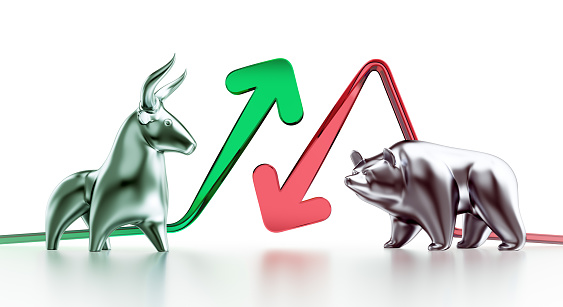

Check out today's top analyst calls from around Wall Street, compiled by The Fly.
REMDESIVIR SALES, ARCUS DEAL: SVB Leerink analyst Geoffrey Porges upgraded Gilead (GILD) to Outperform from Market Perform with a price target of $94, up from $85. His upgrade is based on the inclusion of his first revenue and profit contribution for remdesivir, and also incorporation of the product opportunities from the recently announced Arcus (RCUS) collaboration. The analyst forecasts remdesivir sales reaching an annual revenue peak of $7.7B in 2022. While Porges is initially forecasting sales of less $1B for the Arcus products, he believes this deal finally provides Gilead critical mass in oncology with a diverse and synergistic pipeline, and boosts his confidence for investing in the stock long-term.
'HISTORIC' QUARTER: RBC Capital analyst Alex Zukin upgraded Zoom Video (ZM) to Outperform from Sector Perform with a price target of $250, up from $125 following the company's "beat and raise" results in a "historic" quarter. Despite the current valuation of 26-times expected 2021 revenue, the analyst expects further upside and continuous high growth over the coming years, with Zoom Phone representing a significant total addressable market expansion opportunity. Zukin further noted that the management's assumptions are significantly more conservative than usual.
Meanwhile, DA Davidson analyst Rishi Jaluria also upgraded Zoom Video to Buy from Neutral with a price target of $240, up from $150, following the company's "huge acceleration in growth" reported with its first quarter results. The analyst noted that the debate over the sustainability of the positive trends will continue, but contended that the benefits from "irreversible changes" - particularly the increased remote work - are here to stay. Jaluria added that Zoom Video still trades at a discount relative to companies like Coupa Software (COUP), Okta (OKTA), Shopify (SHOP), and Datadog (DDOG).
BUY NIO INC.: Goldman Sachs analyst Fei Fang upgraded NIO Inc. (NIO) to Buy from Neutral with a $6.40 price target. The analyst pointed out that the company's liquidity risks have started abating and its cash burn has narrowed. Further, Fang noted that Nio Inc.’s year-to-date delivery volume is up 37% in January-April, highlighting consumers' recognition of this emerging brand. The analyst further contended that the ES6 and ES8 volume strength has transitioned from being "promotion-driven to reputation-driven."
'STABLE' SECOND HALF OF 2020: Jefferies analyst Stephanie Wissink upgraded Mattel (MAT) to Buy from Hold with a price target of $13, up from $9. Talks with management along with channel checks point to a "stable" second half of 2020 for the company, Wissink told investors in a research note. The analyst sees opportunity for Mattel to outperform modeled EBITDA in 2020 and thinks the stock's fair value is near $13. Further, she believes the June quarter marked the "low mark" with retail stores starting to reopen.
LONGER RECOVERY: Morgan Stanley analyst Jamie Rollo reinstated coverage of Royal Caribbean Cruises (RCL) and Carnival (CCL) with an Underweight ratings and $33 and $11 price target, respectively. The analyst also downgraded Norwegian Cruise (NCLH) Line to Underweight from Equal Weight with a price target of $13, down from $14. The analyst believes the cruise industry will take longer than almost any other form of travel to return to normal. Operating losses and high capex commitments mean leverage in space "looks unsustainably high, so more equity could be needed," the analyst added. Rollo recommends selling the recent 100% rally in the sector's stocks as he sees negative earnings until 2023. The analyst also expects it will take six months for the industry to rehire crew and reposition ships, and assumes 2021 revenue yields will be "depressed" by weak demand, travel uncertainty, and the use of credits given on 2020 cancellations.
